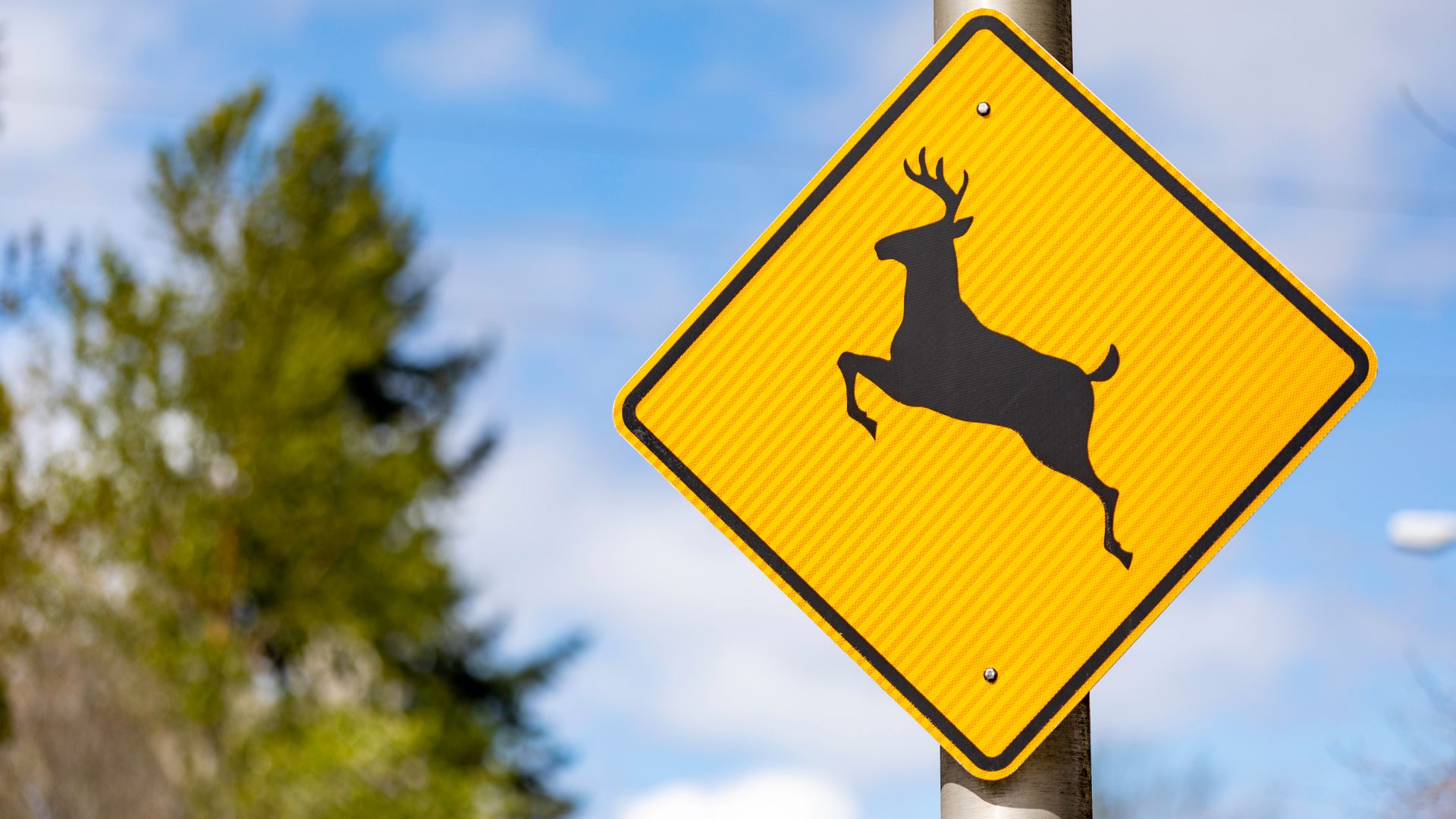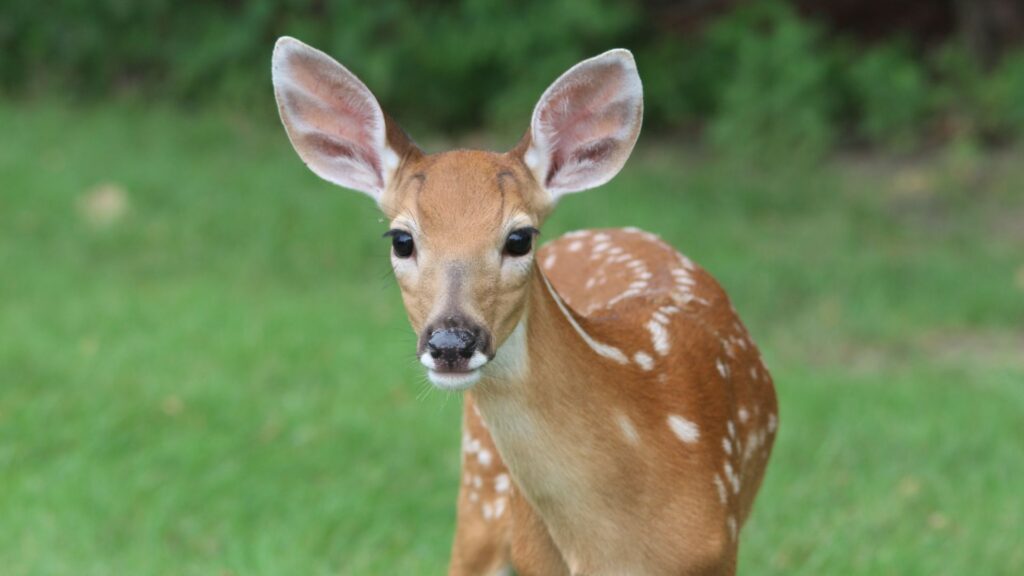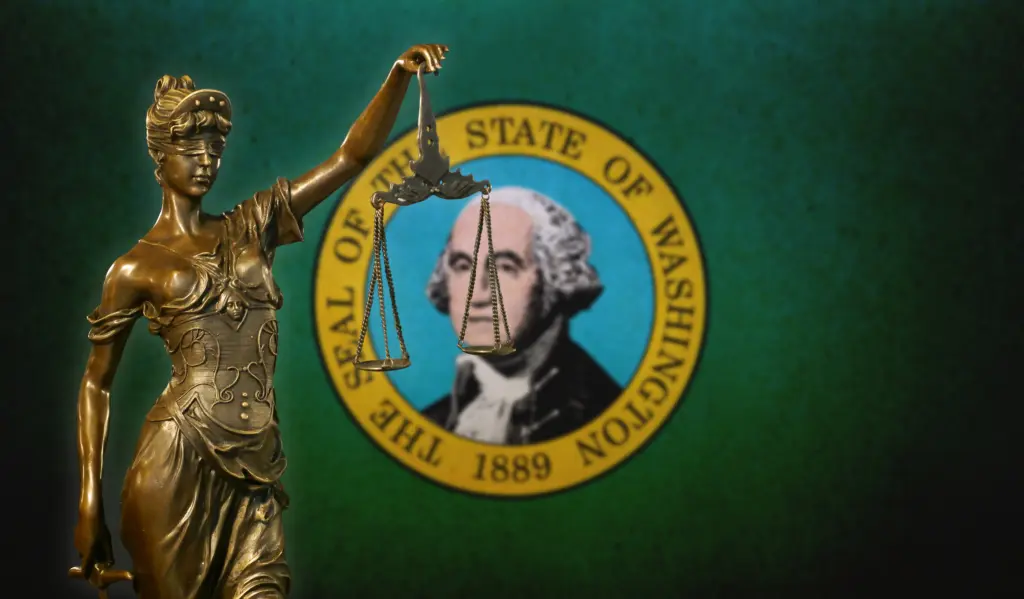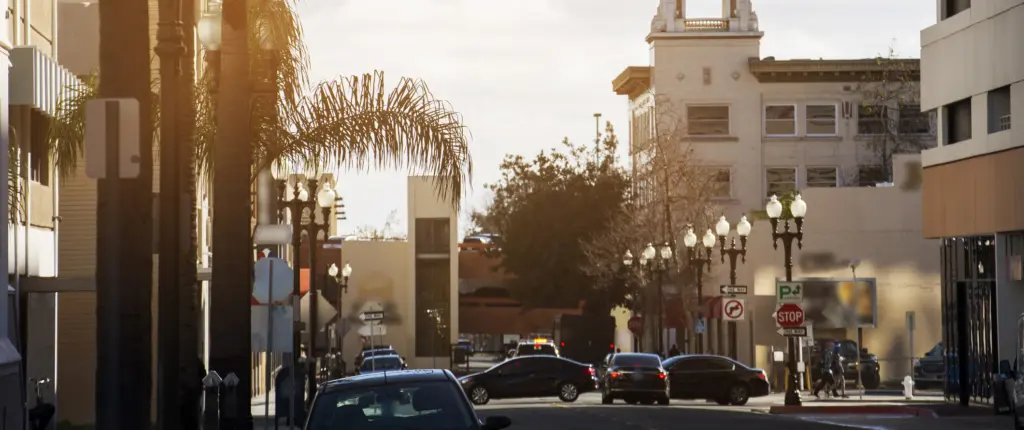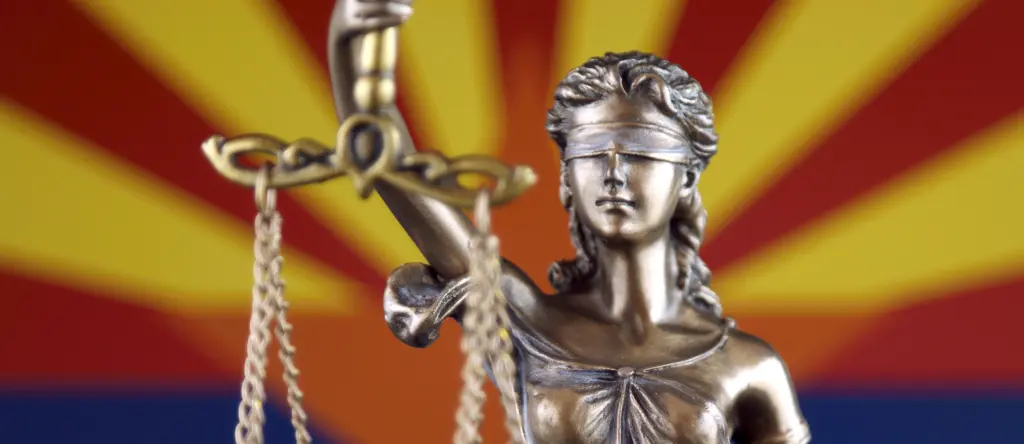Driving through California’s roadways often brings breathtaking views of the land and occasional wildlife. However, what happens when the occasional wildlife such as a deer surprisingly crosses a highway and an unexpected accident has occurred as a result. With such a situation, the question suddenly arises, “Is it illegal to hit a deer and drive off in California?” Considering that is not a common occurrence in California, there are many questions that arise, but by understanding the legal and ethical implications of such an incident, you would be able to make the right decision without crossing any lines.
How Often Do Deers Get Hit?
According to various reports from insurance companies, there have been over 100,000 animal collisions in California from 2021 to 2022. As California’s expansive road networks cut through various habitats, this makes vehicle-wildlife collisions somewhat frequent and completely unexpected when it occurs.
Considering how deers are highly mobile and populous in rural and semi-rural areas, they are often involved in these types of accidents. While the legal framework surrounding such incidents is designed to protect both public safety and wildlife conservation efforts, not everyone is properly aware about the procedure.
Legal Responsibilities After a Collision
Under California law, drivers who collide with a deer are required to follow specific protocols. Firstly, it is mandatory to stop immediately at the scene of the accident. Failing to do so can be considered a hit-and-run, which is a serious offense under California Vehicle Code 20002.
After stopping, the driver must make sure that they do not pose an additional safety hazard on the road. This includes moving your vehicle to a safe location if possible and turning on hazard lights to alert other motorists.
Reporting the Incident
It is a legal requirement to report any collision that results in injury, death, or significant property damage to the California Highway Patrol or local law enforcement. This rule applies regardless of whether the damaged party is a person or an animal such as a deer. Reporting the incident not only fulfills a legal duty but also aids in data collection regarding wildlife collisions, which can influence future road safety and animal conservation measures.
Why You Should Not Drive Off
Driving off after hitting a deer is not only illegal but also unethical. Here are several reasons why you should never drive off after hitting a deer:
- Public Safety: Leaving a severely wounded deer on the road can lead to further accidents, endangering more lives and causing additional vehicle damage.
- Animal Welfare: A quick response can sometimes save the animal if professional care is accessible and administered in time.
- Legal Consequences: If identified, the driver can face charges, including misdemeanors or felonies, depending on the severity and circumstances of the incident.
Steps to Take After Hitting a Deer
If you find yourself in a situation where you have hit a deer, follow these steps to guarantee compliance with legal requirements and ethical considerations:
- Ensure Safety: Assess the safety of the scene. Do not attempt to move the deer if it poses a danger.
- Alert Authorities: Contact local law enforcement or the California Highway Patrol. Inform them of the incident for appropriate assistance and documentation.
- Document the Incident: If safe, take photographs of the scene, the damage to your vehicle, and the deer if visible. This documentation can be helpful for insurance claims and legal purposes.
- Check for Injuries: If there are passengers in the vehicle, assess their condition and call 911 should they require any medical assistance.
- Wait for Help: Stay at the scene until first responders arrive. The authorities can decide the best course of action for the injured deer and any traffic issues that arise.
Preventive Measures to Avoid Deer Collisions
While not all deer collisions can be prevented, there are several strategies to reduce the likelihood of such accidents:
- Use Deer Whistles: These devices can be attached to your vehicle to emit ultrasonic sounds that alert deer and other wildlife to your presence and by doing so they will likely stay away from any major roads or deter their attempts to cross it.
- Stay Vigilant During Peak Times: Deer are most active during dusk and dawn, so using extra caution during these times can prevent collisions.
- Follow Speed Limits: Adhering to speed limits, especially in areas known for wildlife activity, gives you more time to react if an animal crosses your path and prevents serious high speed collisions.
What to Do if You Hit a Deer With Your Car
Remember, it is illegal and irresponsible to hit a deer and drive off in California. The state’s laws are designed to ensure public safety, protect wildlife, and uphold ethical standards. By understanding your legal obligations and following the recommended steps after a collision, you contribute to safer roadways for everyone.
However, if you were Involved in a collision with a negligent driver and would like to seek legal representation on the matter, contact us today at (213) 927-3700 or use the online contact form to speak to our expert legal team today!
